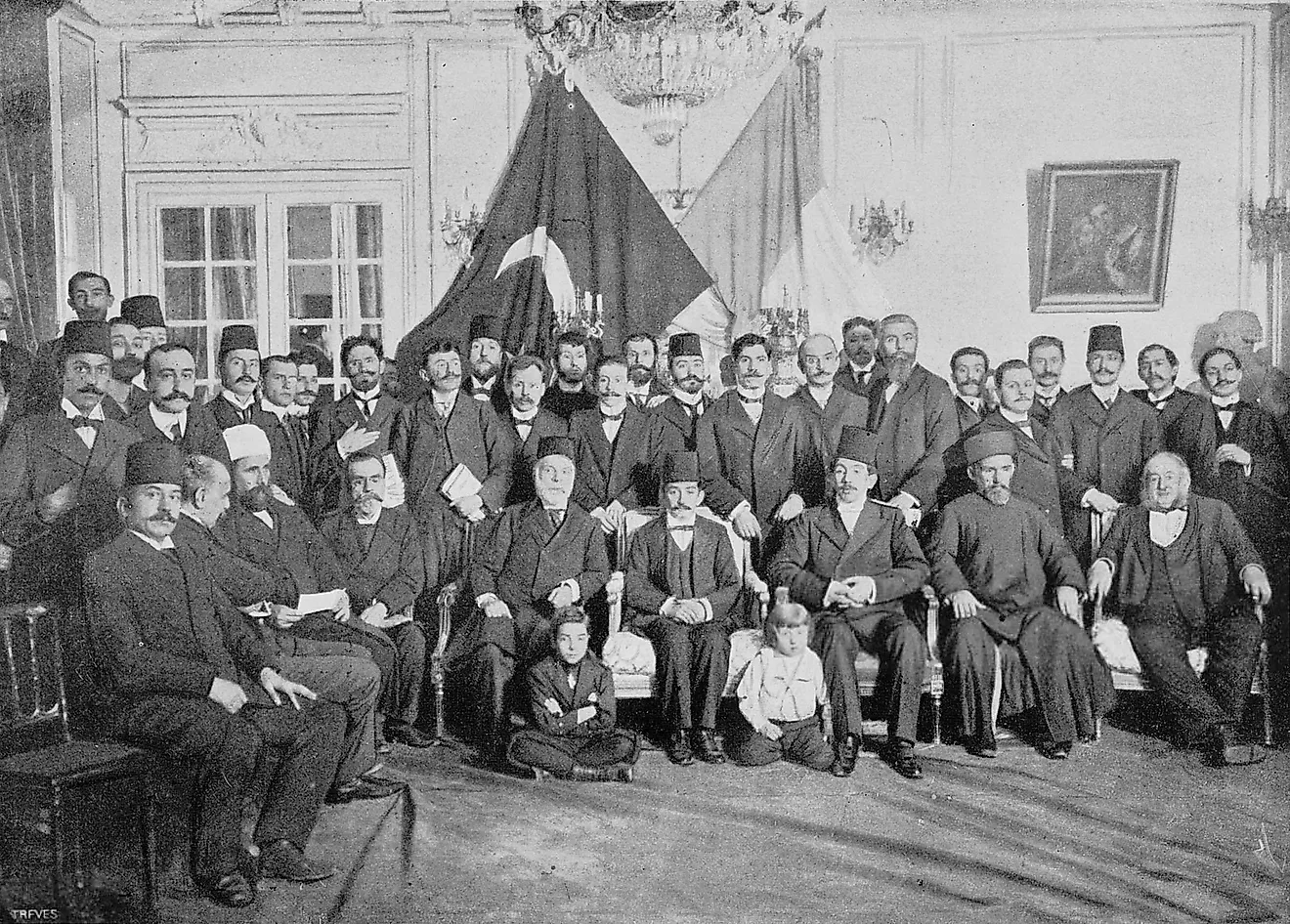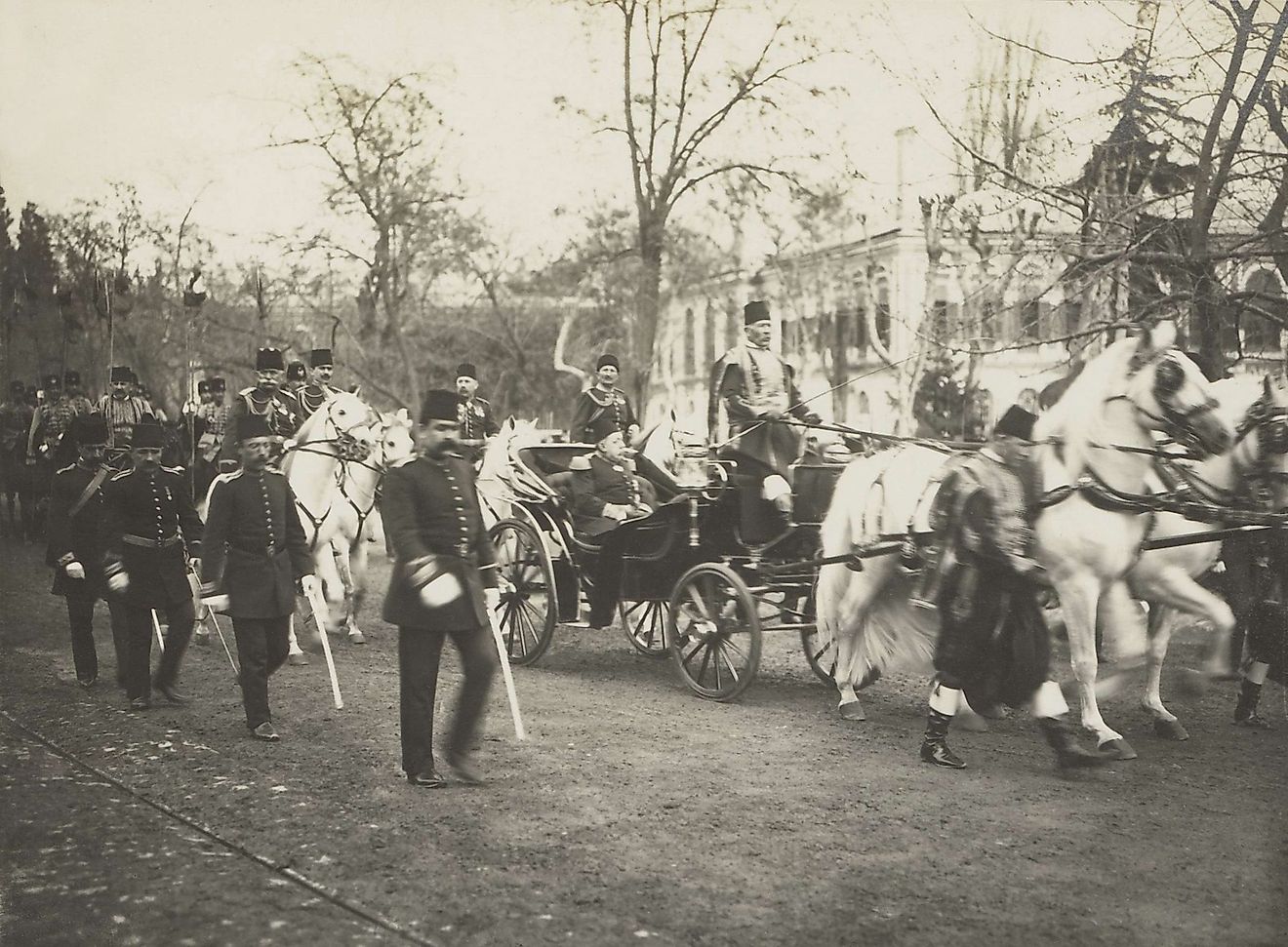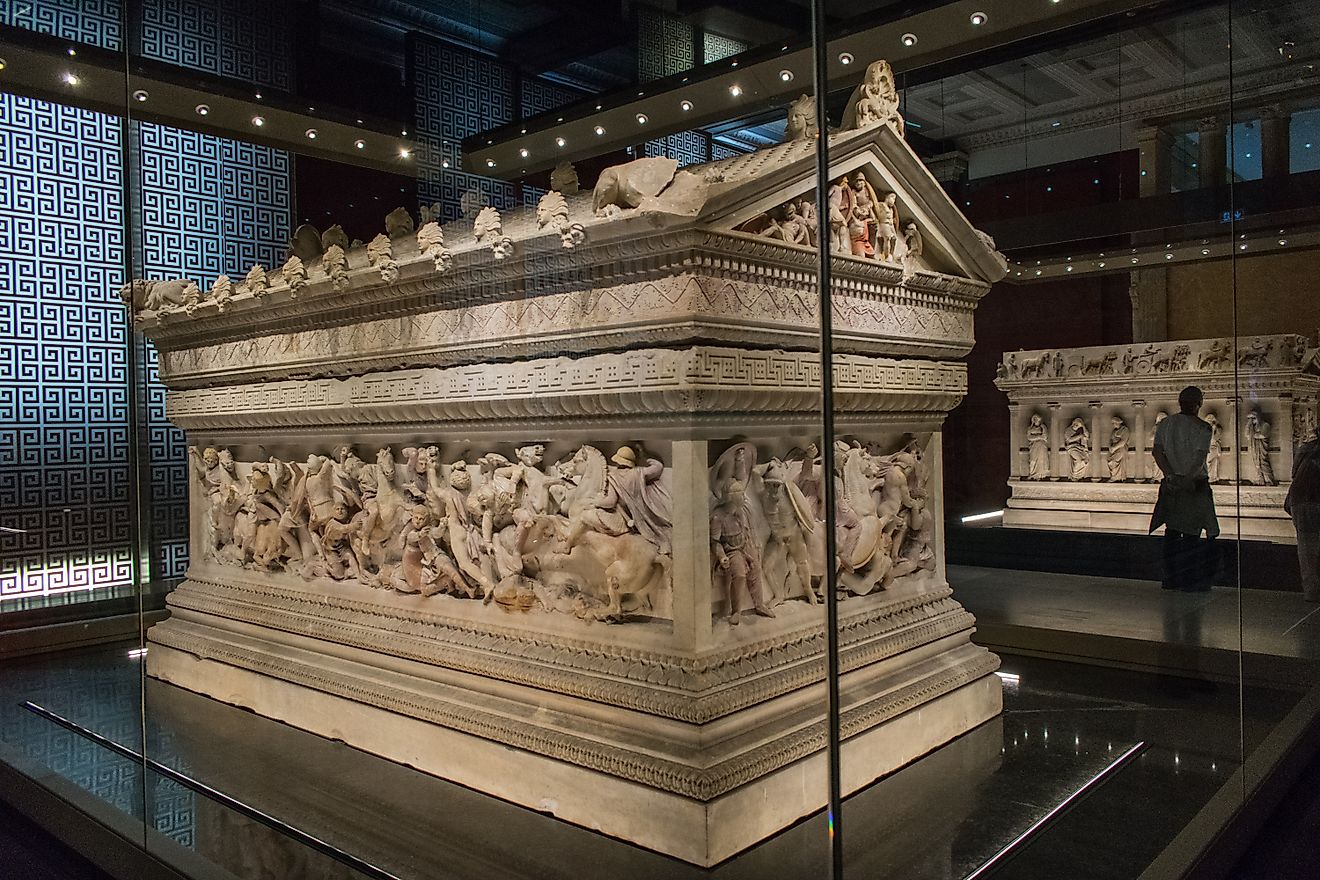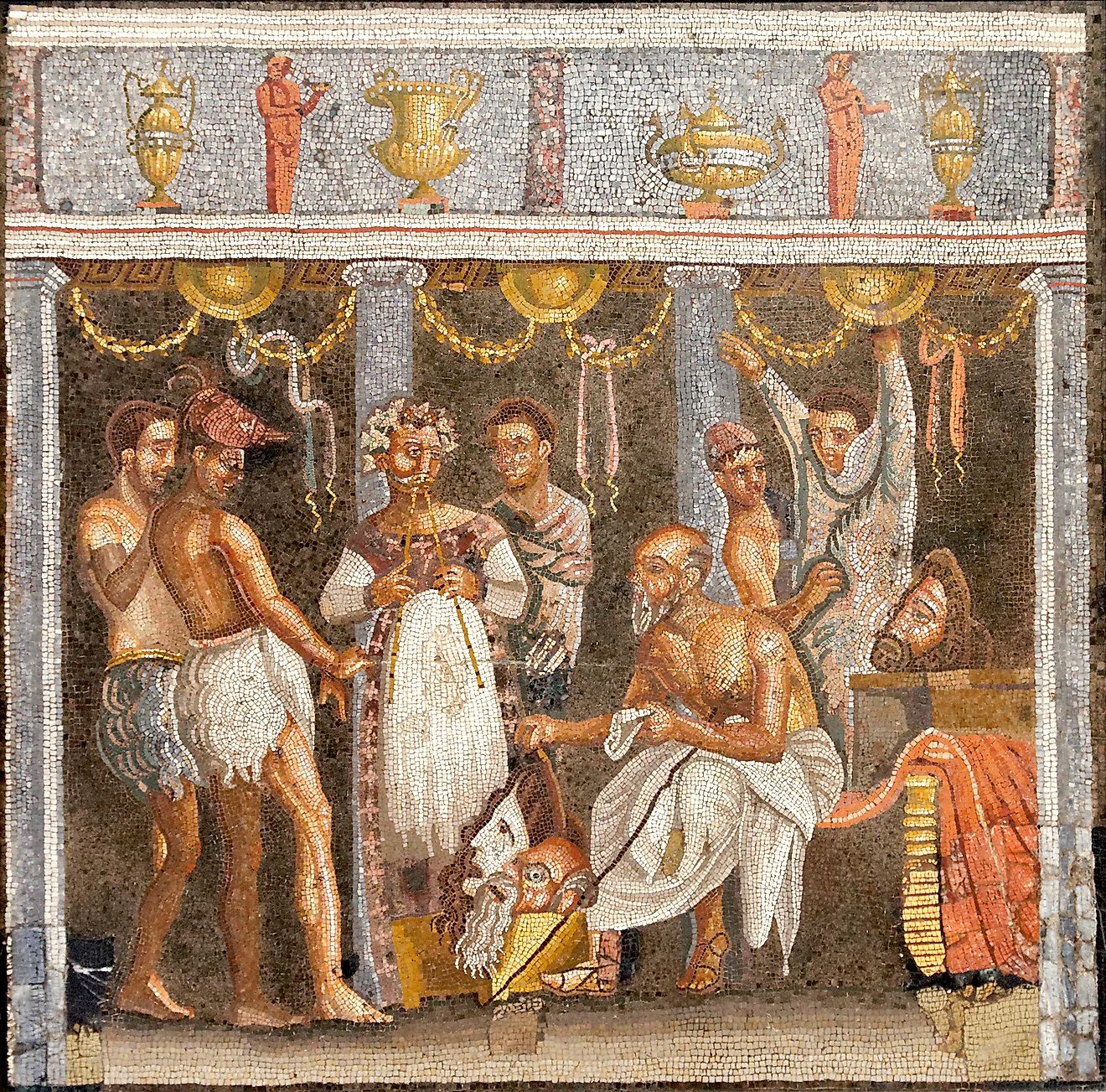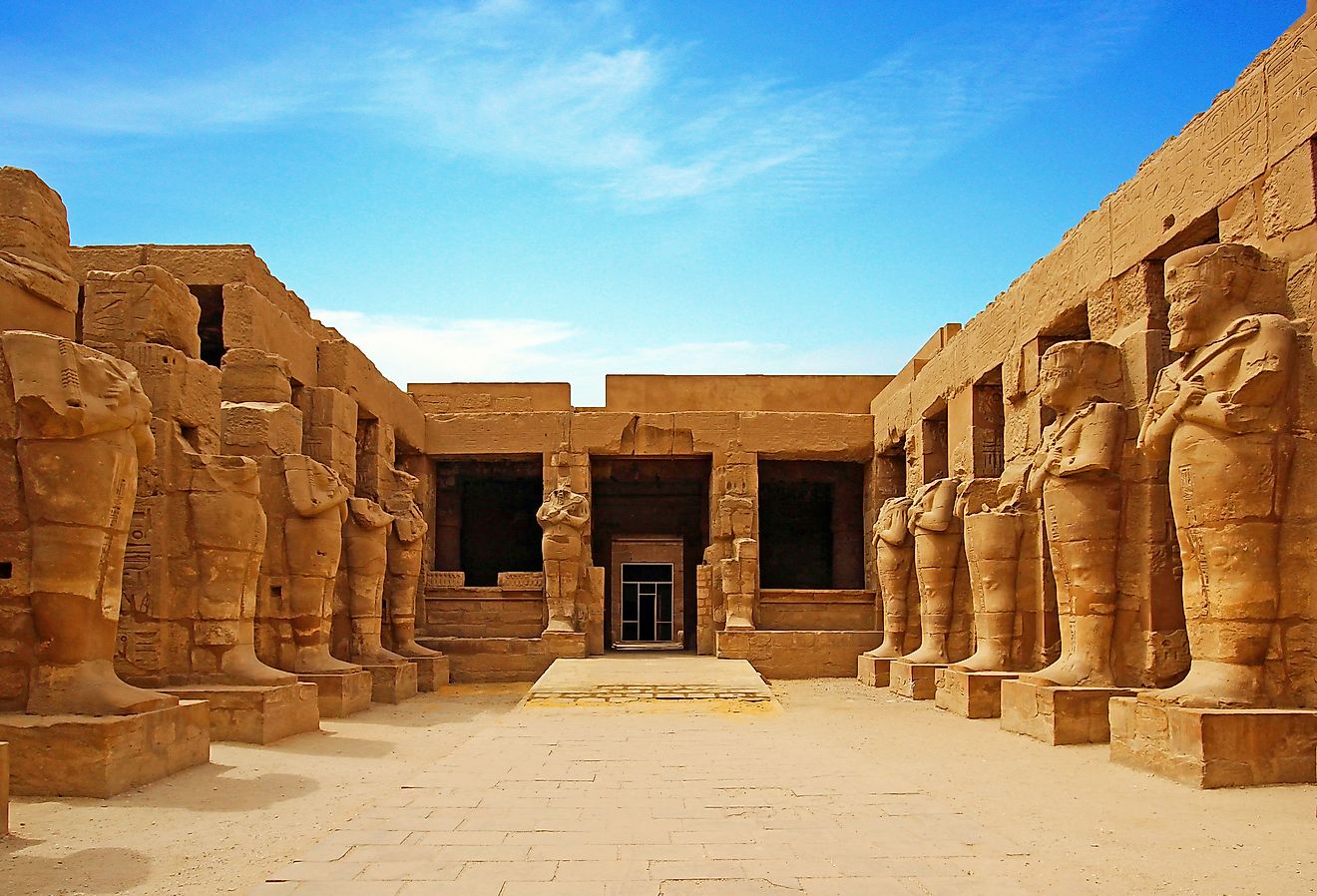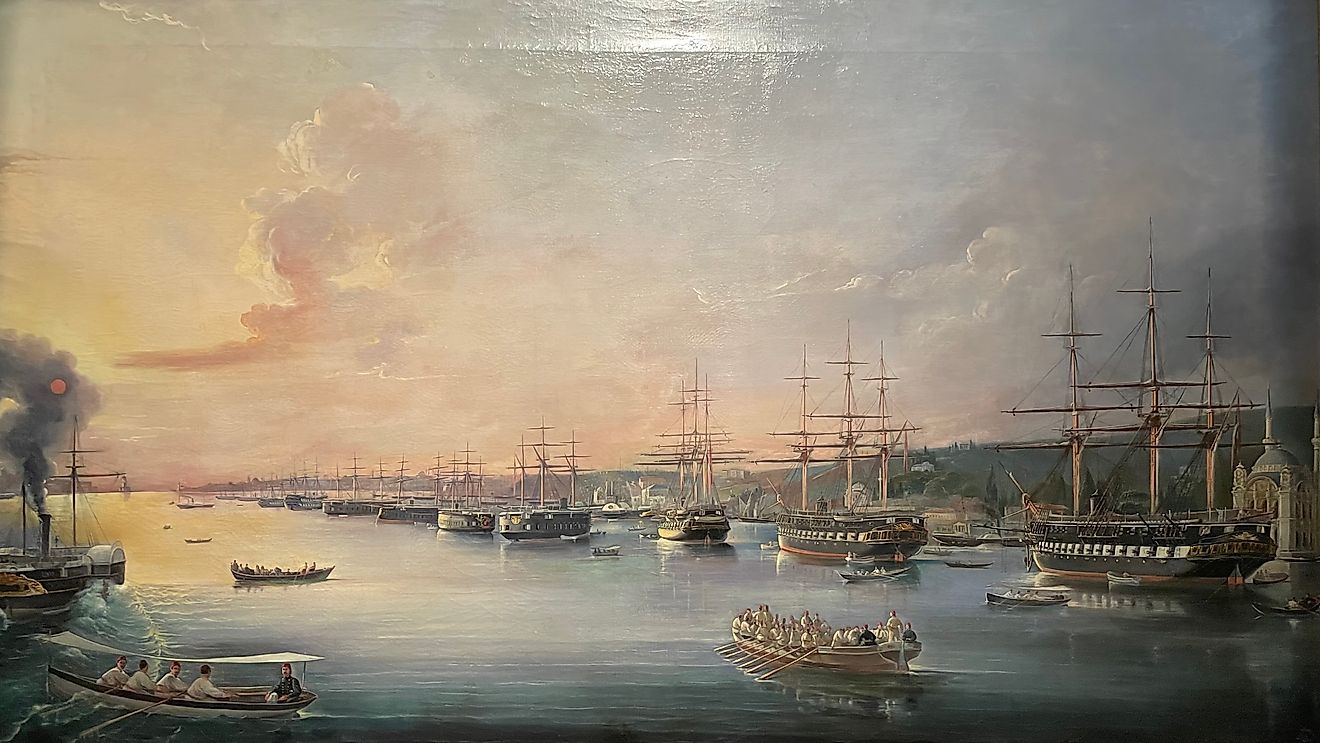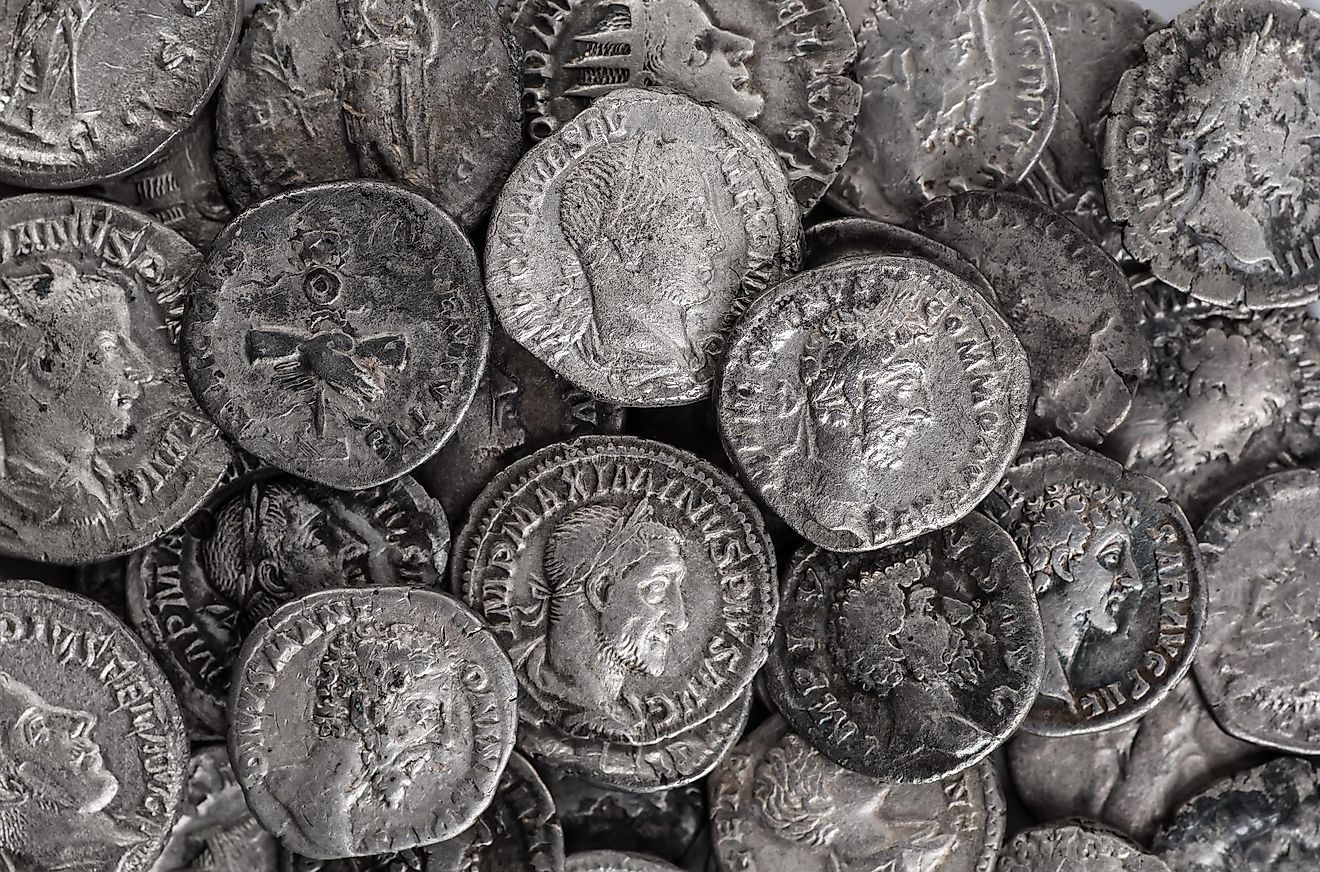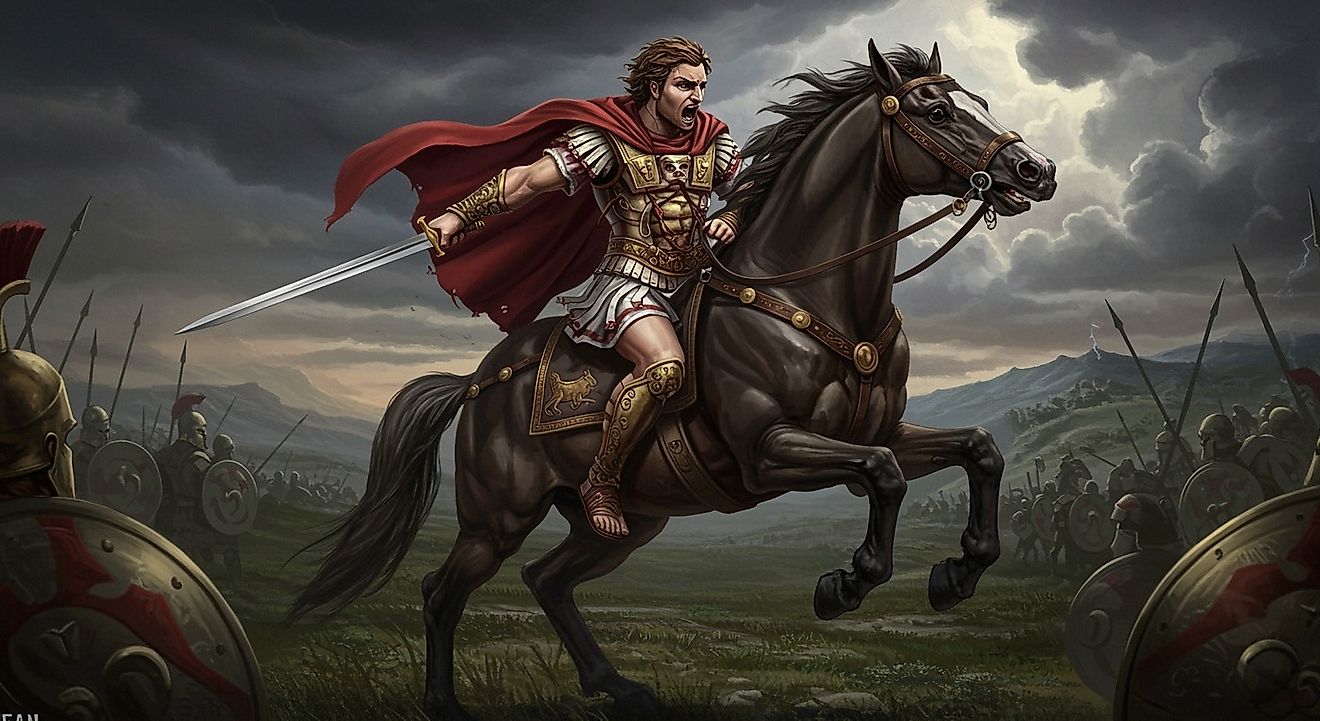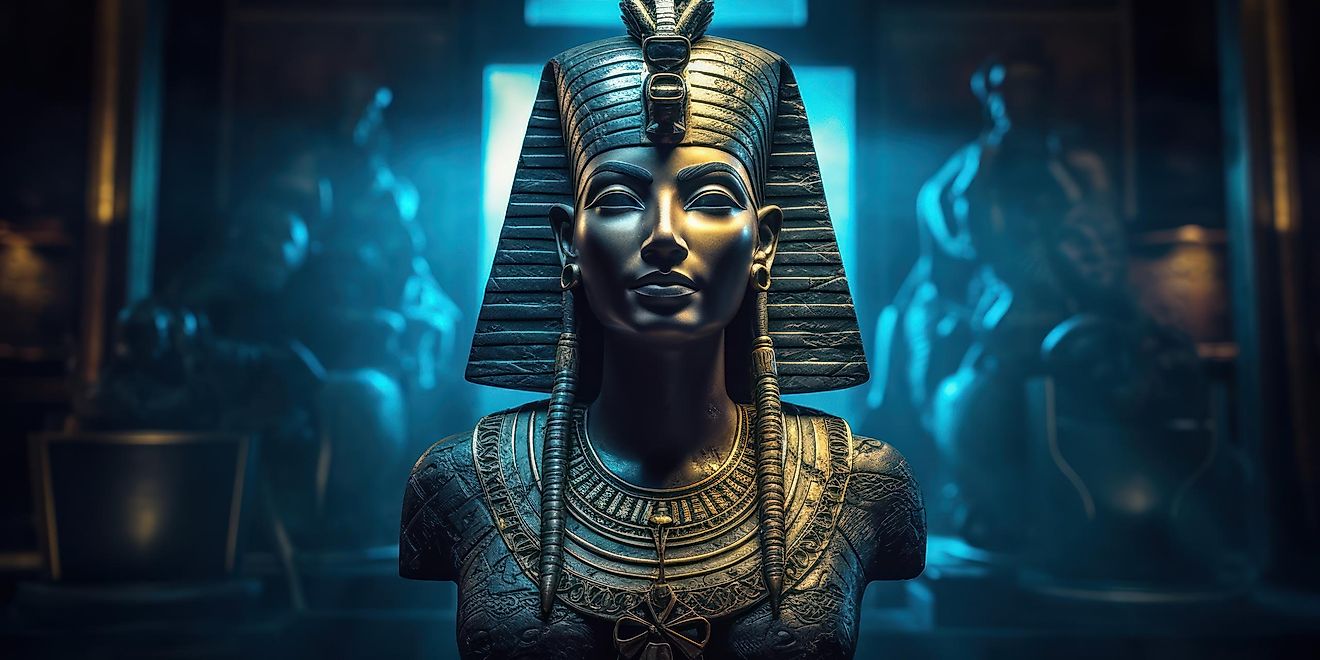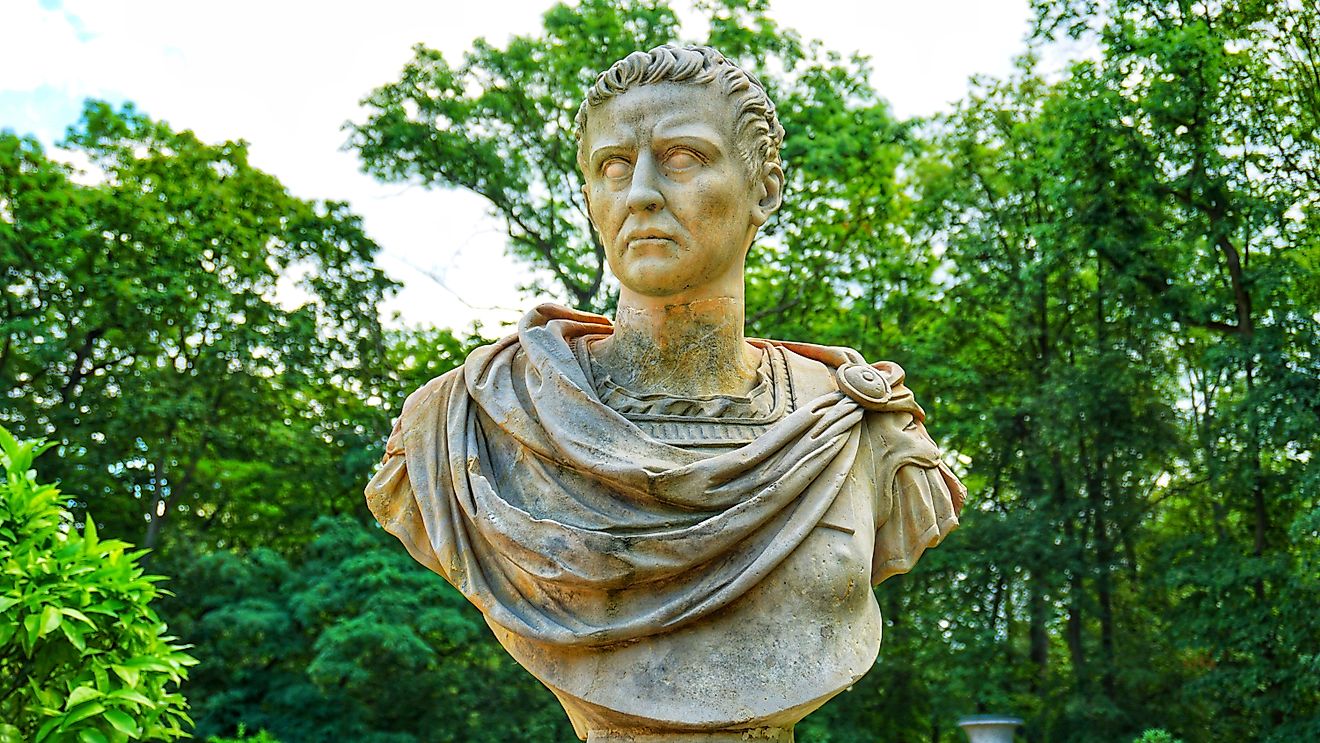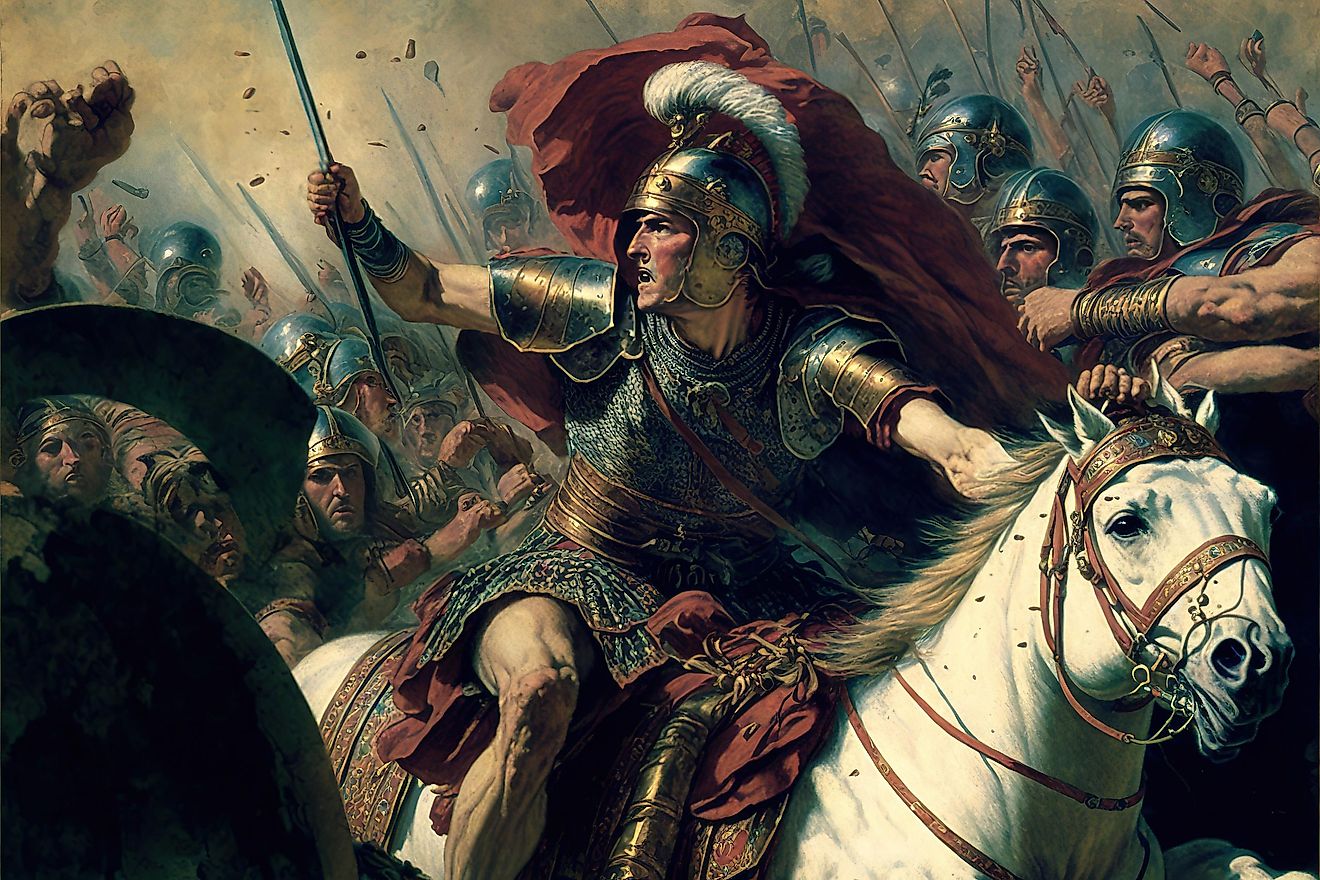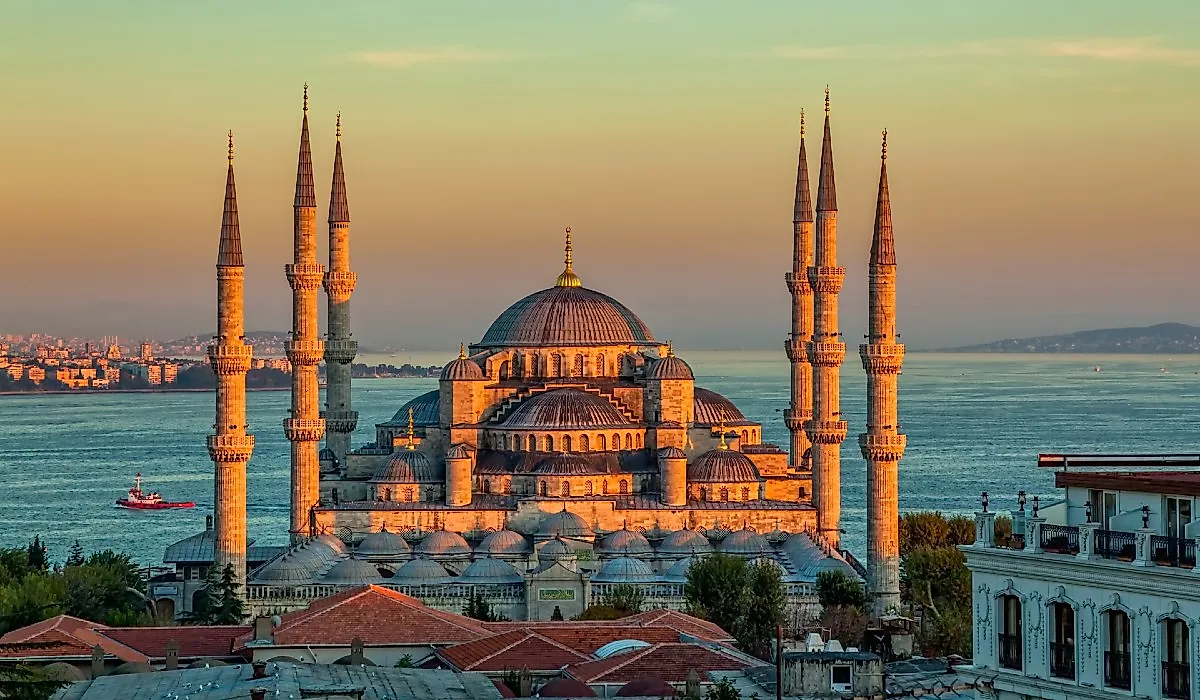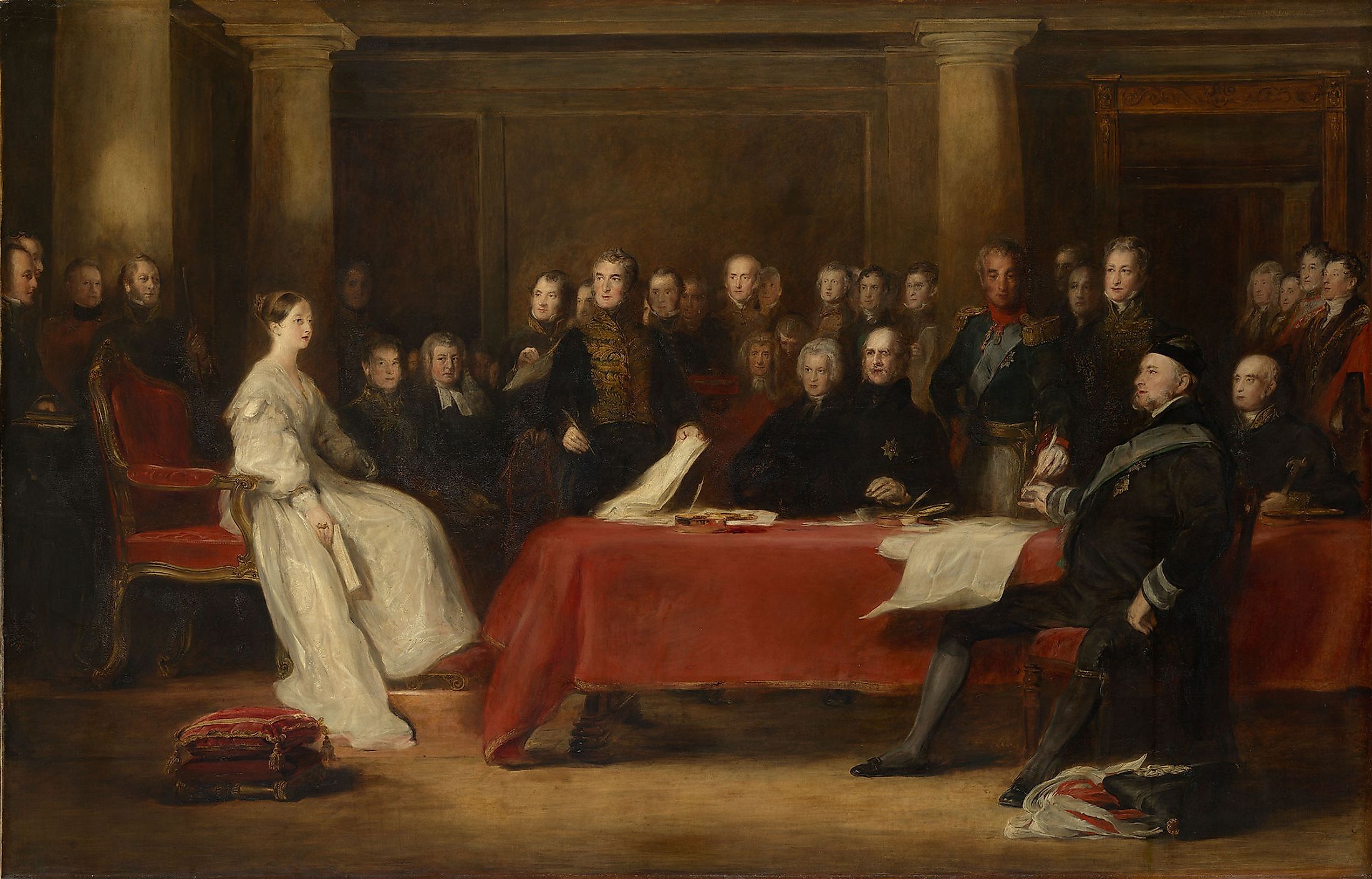
What is the Accession Council
Have you ever wondered what the Accession Council is? The Accession Council is a mysterious institution that few people know about. What is it, and what does it do? In a nutshell- the Accession Council is a ceremonial body that assembles in St James's Palace in London 24 hours after the death of a monarch to make a formal proclamation of the successor to the throne.
Here’s a rundown of everything the Accession Council does and why it's important.
What Does The Accession Council Consist Of?
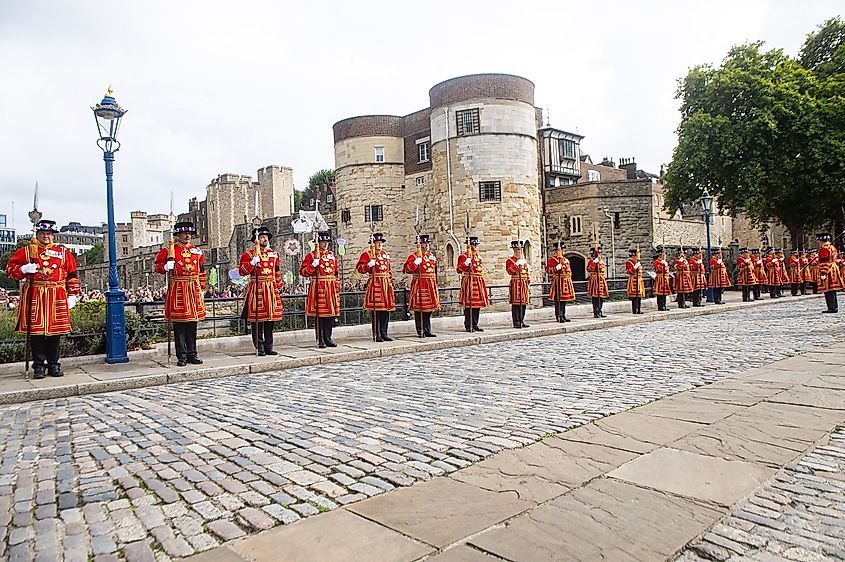
The council consists of the Privy Council of the United Kingdom, a group of senior politicians who advise the monarch on matters of government; the Great Officers of State who are the most senior officials in the government which include the Prime Minister; the Lord Mayor of the City of London who is the head of the City of London Corporation, which is responsible for running the financial district of London; the Aldermen of the City of London who are elected representatives who sit on the corporation's board of directors; High Commissioners who are diplomats that represent Commonwealth realms in other countries; Members of the House of Lords who are appointed by the monarch to represent their interests in Parliament; other civil servants who are senior officials in the government who advise ministers on policy.
The Accession Council For King Charles III
Part One
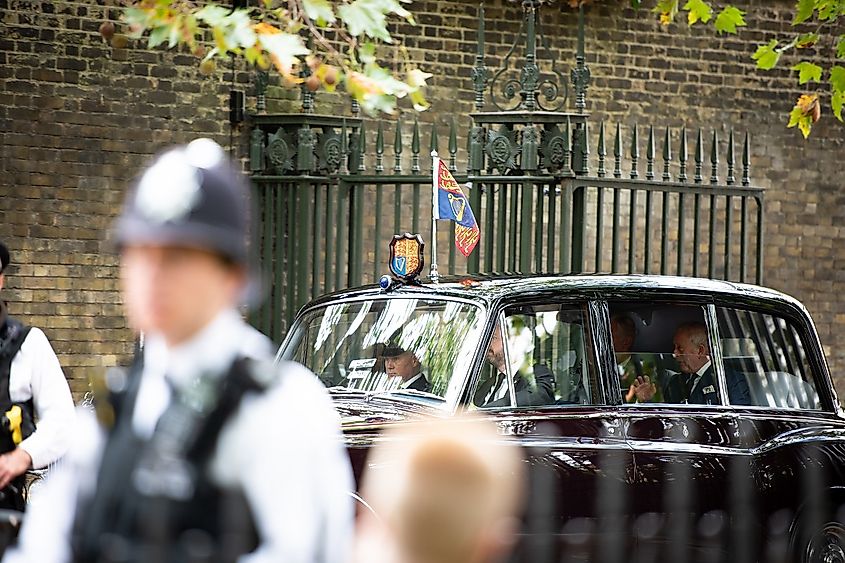
In part one, Ms. Mordaunt, Leader Of The Commons, will open with the statement of the death of Her Majesty, Queen Elizabeth II, before asking the council clerk to read out the content of the Accession Proclamation.
The members of the platform party, including members of the Royal family, the Prime Minister, the Lord Chancellor, the Lord Privy Seal, the Archbishop of Canterbury the Archbishop of York, the Lord Great Chamberlain, and the Earl Marshal, as one with the Lord President, will sign the decree.
Following the signature of the proclamation, Ms. Mordaunt will call for silence and she will read out the outstanding items on the agenda, which include the dissemination of the proclamation and other several orders including instructions for firing guns at Hyde Park and the Tower of London.
Part Two
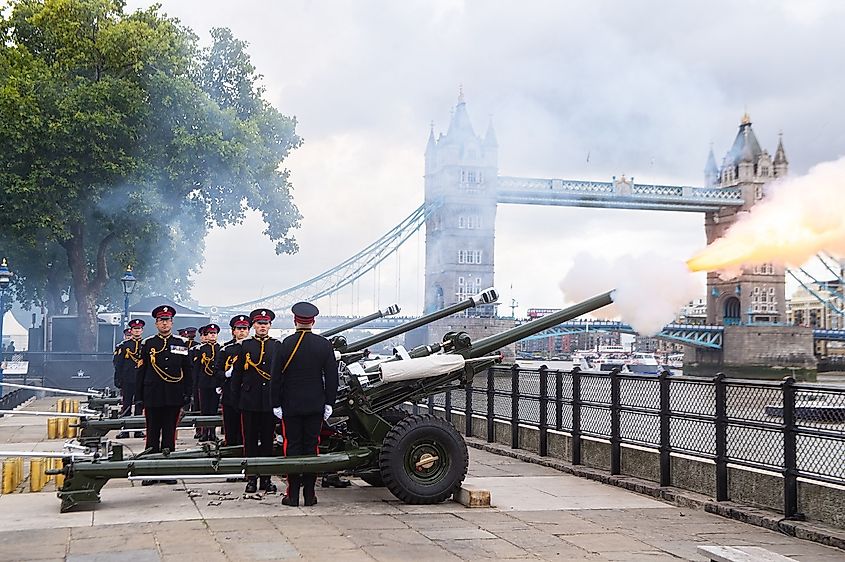
In part two, the first council will be held by the new reigning monarch, King Charles III, in the red-carpeted Throne Room at St James’s Palace. It will be held immediately after part one.
Everyone in attendance will bow to the new King before he makes a personal declaration relating to the death of his mother.
The declaration reads as follows:
“My lords, ladies, and gentlemen.
It is my most sorrowful duty to announce to you the death of my beloved mother, the Queen.
I know how deeply you, the entire nation – and I think I may say the whole world – sympathize with me in the irreparable loss we have all suffered. It is the greatest consolation to me to know of the sympathy expressed by so many to my sister and brothers and that such overwhelming affection and support should be extended to our whole family in our loss.
To all of us as a family, as to this kingdom and the wider family of nations of which it is a part, my mother gave an example of lifelong love and of selfless service.
My mother’s reign was unequaled in its duration, its dedication, and its devotion. Even as we grieve, we give thanks for this most faithful life.
I am deeply aware of this great inheritance and of the duties and heavy responsibilities of sovereignty which have now passed to me. In taking up these responsibilities, I shall strive to follow the inspiring example I have been set in upholding constitutional government and to seek the peace, harmony and prosperity of the peoples of these islands and of the Commonwealth realms and territories throughout the world.
In this purpose, I know that I shall be upheld by the affection and loyalty of the peoples whose sovereign I have been called upon to be, and that in the discharge of these duties I will be guided by the counsel of their elected parliaments. In all this, I am profoundly encouraged by the constant support of my beloved wife.
I take this opportunity to confirm my willingness and intention to continue the tradition of surrendering the hereditary revenues, including the crown estate, to my government for the benefit of all, in return for the sovereign grant, which supports my official duties as head of state and head of nation.
And in carrying out the heavy task that has been laid upon me, and to which I now dedicate what remains to me of my life, I pray for the guidance and help of almighty God.”
Ms. Mordaunt will then ask for consent to broadcast the speech before the King makes a declaration concerning the oath involving the safeguarding of the Church of Scotland.
The oath is essential due to the country’s separation of powers between state and church. This oath has been taken by every monarch at their accession since George l in 1714.
The oath reads as follows:
"I understand that the law requires that I should at my accession to the Crown take and subscribe the oath relating to the security of the Church of Scotland.
I am ready to do so at this first opportunity.
I, Charles III, by the grace of God of the United Kingdom of Great Britain and Northern Ireland and of my other realms and territories, King, Defender of the Faith, do faithfully promise and swear that I should inviolably maintain and preserve the settlement of the true Protestant religion as established by the laws made in Scotland in prosecution of the Claim of Right and particularly by an act intituled an act for securing the Protestant religion and Presbyterian church government and by the acts passed in the Parliament of both kingdoms for union of the two kingdoms, together with the government, worship, discipline, rights and privileges, of the Church of Scotland.
So Help me God."
After reading the oath, the King will sign two official papers recording the oath. This will be observed by members of the Royal family and privy counselors.
Ms. Mordaunt will end the meeting by reading through any outstanding orders of business.
Historical and Modern Accessions
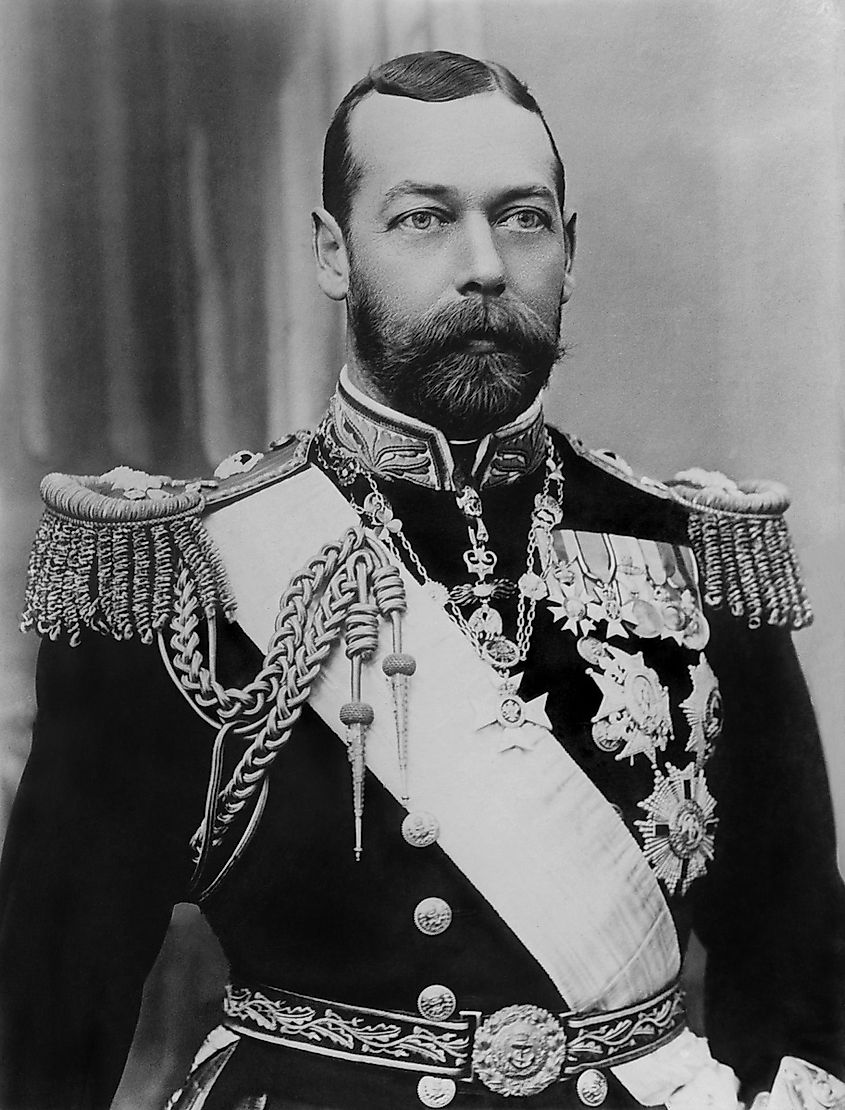
Queen Victoria
On June 20, 1837, at 11:00, the Accession Council met at St. James’s Palace to declare Victoria the new queen after the death of her uncle, William IV.
King Edward VII
On January 23, 1901, at 14:00, the Accession Council met at St. James’s Palace to declare Edward VII king after the death of his mother, Queen Victoria.
King George V
On May 7, 1910, at 16:00, the Accession Council met at St. James’s Palace to declare George V king after the death of his father, King Edward VII.
King Edward VIII
On January 21, 1936, at 16:00, the Accession Council met at St. James’s Palace to declare Edward VIII king after the death of his father, King George V.
King George VI
On December 12, 1936, at 11:00, the Accession Council met at St. James’s Palace to declare George VI king.
Queen Elizabeth II
On February 6, 1952, at 17:00, the Accession Council met at St. James’s Palace to declare Elizabeth II queen after the death of her father, King George VI.
King Charles III
On September 10, 2022, at 10:00, the Accession Council met at St. James’s Palace to declare Charles III king after the death of his mother, Queen Elizabeth II.
In Summary
The Accession Council is an important institution that few people know about. By understanding its role in the succession of a monarch, we can better appreciate how this ceremonial body plays an integral part in British history. If you found this article interesting, be sure to share it with your friends and family!
